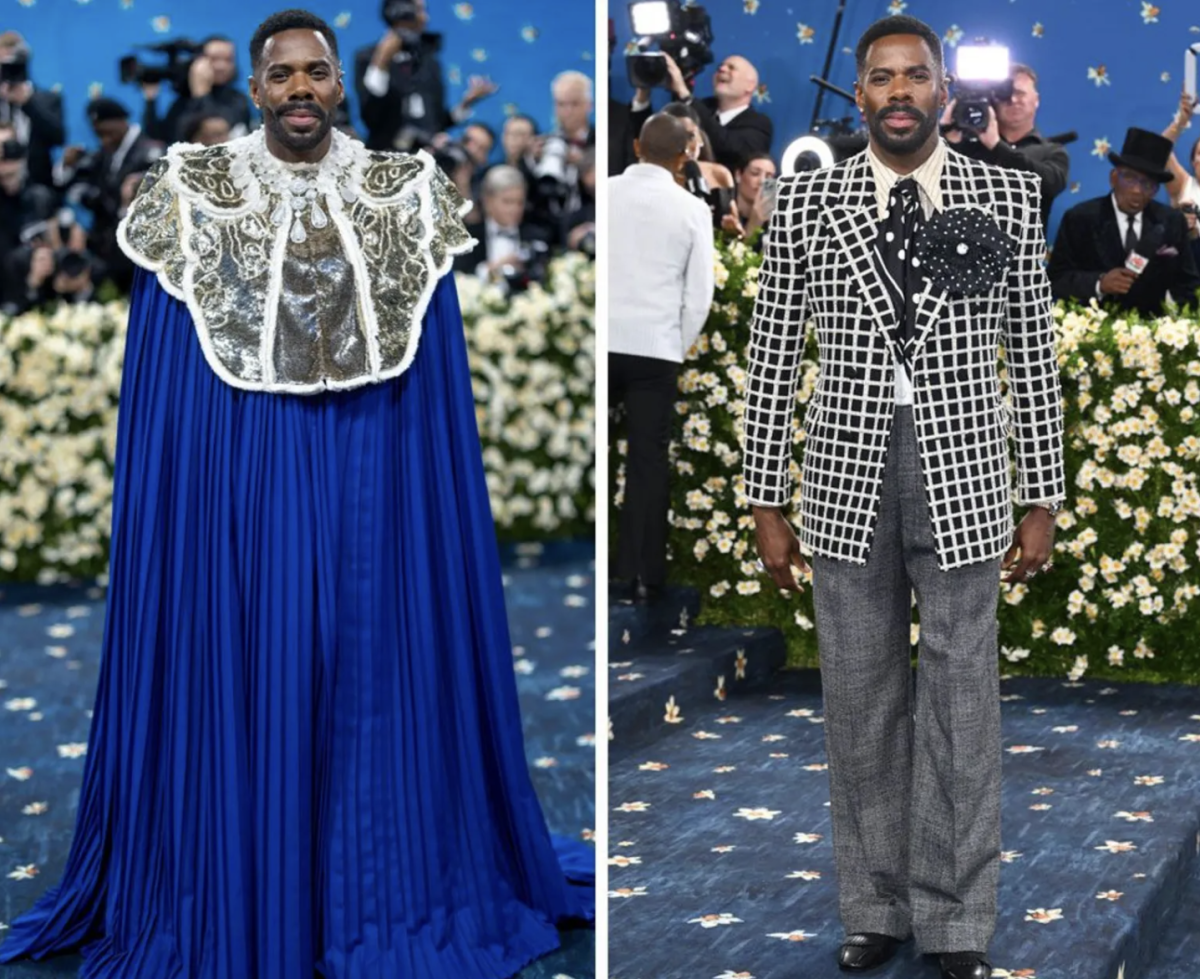Warning: Contains spoilers.
On Tuesday, Sept. 16, Netflix launched a new website. This was not another section of the binge-watching giant’s library of films and television shows. Compiled into neat 20 second clips, this site (http://spoilers.netflix.com/spoil-yourself/) purposefully spoils some of the biggest plot twists in television. From “Lost’s” finale (it was all a dream) to “Breaking Bad” (Walter White dies), the website defies the inherent fear defined by the blurted phrase “don’t spoil it!”
The first true “plot twist” is considered to have occurred when John Ross “J.R.” Ewing was shot on “Dallas” in 1980. However, the tremors of change began a decade ago, as shows like “Buffy the Vampire Slayer” broke the “rules.”
Good people did bad things. Bad things happened to good people. Complicated plot lines on all television shows soon followed.
In that, the term “spoiler alert” was born.
I don’t disagree with the idea that a story is far better when its not spoiled. But, when Harry Potter ended in 2007 and you still don’t know that Severus Snape was actually a “good guy” and that Albus Dumbledore raised Harry for slaughter, it’s not my fault if I use it as a literary illusion in English class.
Television is quite a bit murkier. In the age of Twitter, unless you completely disconnect yourself and lock yourself inside a house without WiFi, chances are you’re going to find out sooner or later that Allison Argent (Crystal Reed) is dead, for good, on “Teen Wolf.”
Studies have shown that 73 percent of Netflix subscribers “binge-watch” at least three episodes of one show in one day, in order to avoid the season being “spoiled.”
Movies are more in the grey area of spoilers. Unlike television shows, which can almost be watched anywhere, films still required an excursion to the cinema rather than some “reward watching” in between English and math homework.
But, for blockbusters and franchise movies, they often hold midnight premieres that many will go to and promptly vomit the film’s content across the internet. This difference is clearly seen in the Marvel franchise.
When “Captain America: The Winter Soldier” premiered in April, I was in line. I watched one of the best films made by Marvel, and missed seeing the freak out across the Internet about the identity of the Winter Soldier–Bucky Barnes (Sebastian Stan), who had “died” in the first Captain America movie. However, when “Spiderman 2” hit screens in May, I waited a week to watch the movie.
By that time, I knew that Gwen Stacy (Emma Stone) died, that Harry Osborn’s (Dane Dehaan) Green Goblin was the real villain, and that Peter Parker (Andrew Garfield) created his own enemy.
The difference was I still went and saw the movie, even after I knew what happened. Just because I know the ending or the important details of a film or episode, does not merit never seeing it.
Because, a story is not just about the ending. Where our characters end up, whether in a grave, just as important as the journey.
– Kate Clement

